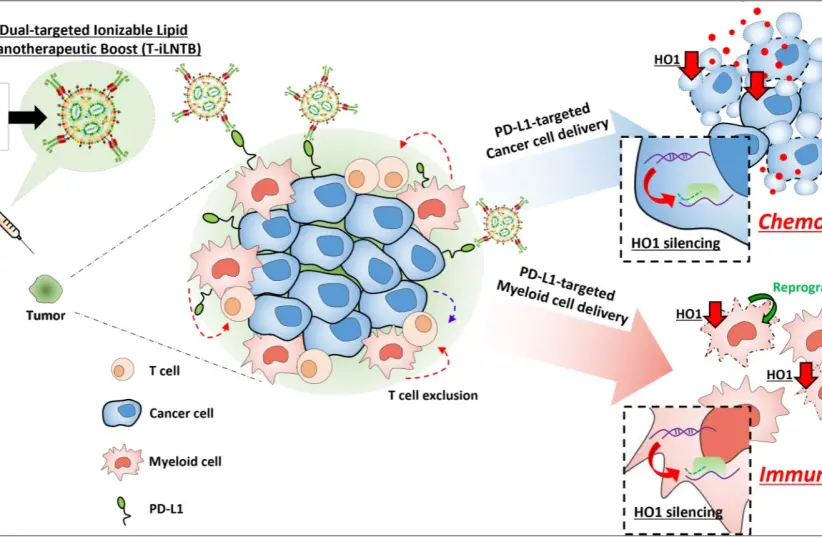In a study published in Advanced Materials magazine, scientists at Tel Aviv University (TAU) have demonstrated the effectiveness of a cancer therapy that can overcome both chemotherapy and resistance to immunotherapy.
At the head of the research (joint with South Korean colleagues) the Prof Dan Peer, vice president of TAU and head of the precision nanomedicine laboratory.

Get over chemotherapy
Chemo-immunotherapy, a combination of chemotherapy and immunotherapy, could become a more advanced standard of care for various types of cancer. “This is the first time that a single drug derived from an RNA nanoparticle has been used in humans,” explains Prof. Peer. “It's just the beginning of this research, but it holds significant promise in the fight against cancer.”
The two types of therapy work together; there chemotherapy kills tumor cells whileimmunotherapy it stimulates the patient's immune system to attack the cancer on its own.
A difficult challenge
Unfortunately, many patients respond poorly to this dual treatment because its goals are not specific enough.
Chemotherapy-resistant tumors are a serious problem. The researchers targeted an enzyme called HO1, responsible for resistance to therapy. Identifying the "killer", however, is not the same as killing him. Current strategies to silence HO1, in particular, are too strong for patients' bodies. Dr. Peer compares them to a fighter jet used to hit an ant.

The TAU team was the first to demonstrate that a drug delivery system based on lipid nanoparticles (the same used for "deployed" RNA vaccines against Covid) can target extremely particular cells: tumor cells for chemotherapy and immune cells for immunotherapy.
From this new research may come the results we hope against the cancer, even the most resistant one.


